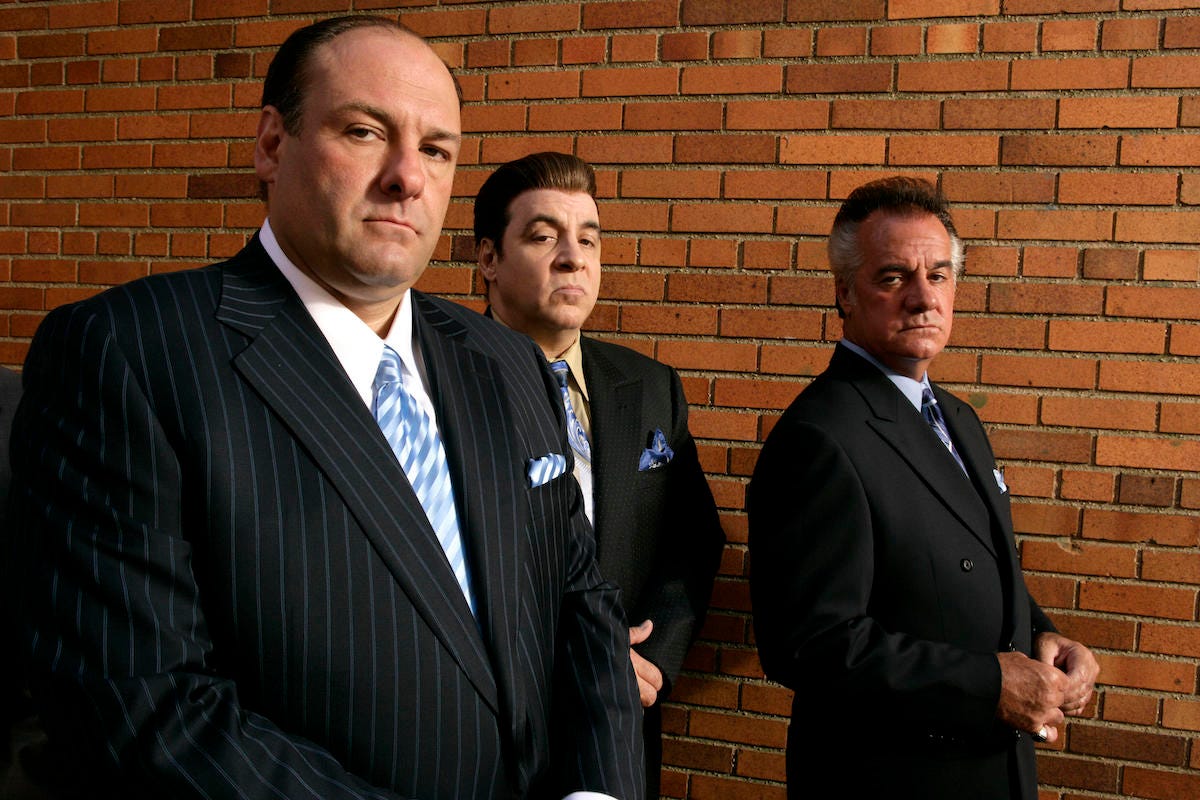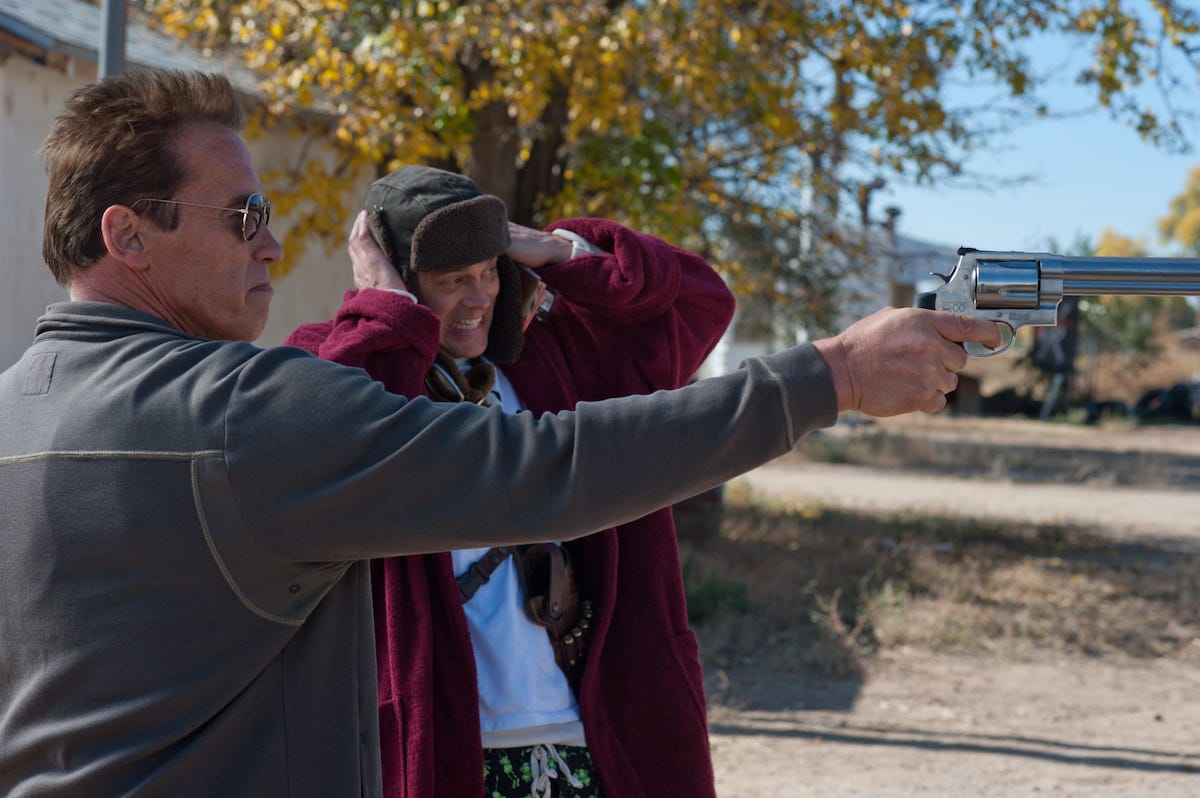The big news in the world of entertainment this week is Warner Bros.-Discovery’s decision to rebrand HBO Max as “Max,” to shift Discovery+ content onto “Max,” and to make “Max” all things for all people.
As someone who has long argued that HBO Max is the single best streaming service out there—both for the depth of its library and the quality of its originals—I am … well, nonplussed. Partly, that’s because I fundamentally disagree with executives and analysts alike in my belief that app fragmentation is good.
If the whole point of our cord-cutting future was to allow people greater flexibility and the desire to better customize their viewing experience, then every company should aim for something like what Disney does with Disney+, Hulu, and ESPN+. You can get any of them separately or you can get all of them together for a discount, and getting all of them together makes sense since each fills a different niche: Hulu is general entertainment, Disney+ is family programming, and ESPN+ is sports.
WBD is perfectly poised to offer something similar: general entertainment with HBO Max; lowest-common-denominator reality programming with Discovery+; and some sort of sports package with the Turner networks via NHL and NBA rights (though the NBA portion of that would likely be complicated by deals with cable networks). Add in a reinvigorated focus on kids programming at HBO Max via Sesame Street and Looney Tunes, and you’ve got a whole little universe of streaming apps there to pick and choose from.
But this is not how most streaming companies envision the future of streaming consumption. They greatly dislike app fragmentation. Rather than having audiences bounce around between different apps, they want everyone in the same app. And they want everyone to get used to being in the same app so when the companies decide to do more things within the app—like, say, if WB decides to offer the ability to play Hogwarts: Legacy within “Max” or if Disney decides to sell tickets to their various theme parks within Disney+—it’s something consumers are more comfortable with. (For more on this, see the section on “Platform-Based Competition” in Matthew Ball’s “The Streaming Book.”)
At heart, though, my objection to the minimization of the HBO name in the WBD branding is aesthetic as much as anything else. I resent the idea that HBO Max needs to be dumbed down to “Max” because the rubes out there watching Dr. Pimple Popper are intimidated by the brand that brought us The Wire and Deadwood. Mostly, though, I’m annoyed that WBD CEO David Zaslav and co. are probably right to make this switch.
As The Entertainment Strategy Guy noted, “Most Americans, after coming home at night from a long day at work (reminder: 70% of Americans left the home to work during the pandemic; they’re not like you!) are tired. They don’t want to watch some intense, political, searing drama about grief, addiction, dysfunction, loss or politics. There’s a reason WBD choose to advertise Dr. Pimple Popper during the NBA playoff game last night and not Succession. Wealthy, coastal, college-educated elites love Succession; everyone else loves Dr. Pimple Popper (which was also the Hollywood trades fav go-to insult when describing Zaslav, CEO of WBD, and the Discovery channel).”
As James Andrew Miller noted repeatedly in his excellent oral history of HBO, Tinderbox, HBO has, for decades now, been a three-letter synonym for “excellence.” The network’s whole branding was tied to differentiation from the mass-consumer experience: “It’s not TV, it’s HBO.” But the problem is that most people don’t actually want excellence.
They just want pus.
I’ve been messing around on Substack’s Notes this week. It’s pretty solid. I don’t know if it’s a Twitter killer, exactly, but I do think it has the possibility to be just that for some of the reasons JVL laid out at The Triad this week. Check it out:
Links!
If you want to understand how valuable TV sports rights are, all you have to do is look at Dan Snyder’s sale of the Commanders. To recap: he bought the team in 1999 for $800 million; he spent the next quarter-century running it into the ground as vigorously as anyone has ever destroyed a sports franchise; and now he’s selling it for $6 billion. That increase in value is based almost entirely on the increase in value of sports rights, which now amount to something like $13 billion a year.
This is something I talked about with Sean McNulty last weekend as it relates to the WWE-UFC merger: sports rights are incredibly valuable, and there are no bigger arms dealers in the streaming wars than sports leagues. I think we’re only going to see these valuations increase as the years go on.
Turns out that you can’t really make money on mid-to-big-budget movies if you don’t put them in theaters first. Weird. Who could have guessed this!
RIP Al Jaffee, legendary cartoonist at Mad magazine and the guy without whom we never would have had the “al-ighty-ollar” joke in The Simpsons.
Assigned Viewing: The Last Stand (Netflix)
One thing I have come to appreciate about Netflix is the way its “top 10 movies” list routinely resembles the lineup on TNT or TBS between 2008 and 2016 or so. For instance, as I’m writing this, the number one movie on Netflix in the United States today is The Last Stand, the 2013 Arnold Schwarzenegger vehicle about a sheriff who wants to retire but is forced to go to war with a drug lord driving a souped-up Corvette who escaped from the FBI and is hightailing it to Mexico. Is The Last Stand a great movie? No. Is it a very fun movie? Yes. Yes, it is.





I find it fascinating that this is happening in the almost-immediate wake of the general retail business discovering that they cannot survive as all-things-to-all-people. Bed, Bath, and Beyond is going bankrupt; Kohl’s is trying to reposition as a “lifestyle” store with in-store Sephora departments (which didn’t help J.C.Penney’s) and everyone else is closing stores. Tell me that the better streaming comparison is Amazon, but even it is trying to segment-offering me(for one) a new business membership, a Kindle loyalty club beta, special checkout options at Whole Foods, and who knows what’s coming next week. It FEELS as though there is an entire generation of executives who barely understand their businesses-or perhaps business. The whole thing about costs, profits, products, customers and the complex relationships among those things. As if they got all tangled up in the glitz and glamour of flashy trendy products and stock options to support flashy lifestyles. . . . a high churn influencer disposable economy. Maybe it was ZIRP; maybe it’s the fundamental amorphousness of a world so dominated by onlineness. But it feels to me as though we have entered a phase that is likely to be especially weird and probably short-lived as decision-makers learn how to make economically based decisions. Don’t jump in to overpay for what you don’t really want: it’ll probably all change in a year anyway!
Ah, Dr. Pimple Popper. Along with 1000 Pound Sisters and other notables like Love After Lock-up, America shows how far it has fallen down the rabbit hole.